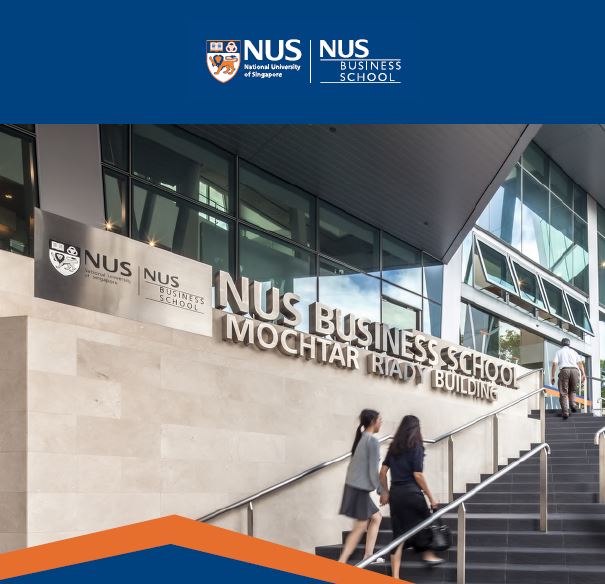NUS HRLP – Leading and Inspiring Younger Colleagues

According to Professor Harry Kraemer, Clinical Professor of Strategy at Kellogg School of Management, “You have to be able to lead yourself before you can lead others.” This theory is what he refers to as values-based leadership, which is comprised of fundamental leadership principles. The course builds a foundation for developing values-based leaders by gaining a perspective towards the principles of values-based leadership. The course emphasizes upon developing a high performance organizational culture and the role of human resources. According to an article by whatishumanresources, Mentoring is the Employee training system under which a senior or more experienced person (the mentor) is assigned to act as an advisor, counselor, or guide to a junior or trainee. This course focuses on the fundamentals concepts of mentoring and reverse mentoring and provides a detailed understanding of the best practices to develop the successful mentorship and reverse mentorship programs.
Course Learning Objectives:
- Learn the essentials of becoming a values-based and serving leader.
- Develop an understanding of the role of human resources in shaping an organization’s culture.
- Gain an understanding of enabling employee engagement via organizational culture.
- Review the fundamentals of mentorship and reverse mentorship for inspiring the workforce.
- Understand the skills and best practices included in mentorship and reverse mentorship.
- Learn the ways of building a successful mentoring and reverse mentoring programs.
Faculty

Prof Michael Jenkins
CEO, Expert Humans Pte Ltd
Michael is facilitator and designer of Humanising the Workplace (supported by SHRI, 2020); Programme Director (design/delivery) of the NUS EMBA Managing Human Capital module (2020); co-facilitator on a leadership programme for SMU Libraries (with the Entheo Network, 2020); facilitator for Organisation Design Essentials for CIPD Asia; customised programmes for NUS Business School (NTUC Enterprises, Bank Indonesia). Also, Michael is facilitator on the Singapore Business Leaders Programme (Doing Well and Doing Good in Asia: Human Capital Practices and Sustainability) and co-theme-weaver for the programme; facilitator on Human Resources Leadership Programme (Making Human Capital Human); facilitator on the Global Leadership Programme (Doing Well and Doing Good in Asia); facilitator on the Asian Financial Leaders Programme (The Intersection of Emotional Intelligence and Artificial Intelligence).
Syllabus
- Values, Culture and Communication as Enablers
- Inspiring the Workforce: Mentorship and Reverse Mentorship
Learning Objectives:
- Learn the essentials of becoming a values-based and serving leader.
- Develop an understanding of the role of human resources in shaping an organization’s culture.
- Gain an understanding of enabling employee engagement via organizational culture.
Module Components:
Video Lectures:
- The Values-Based Leader: Part-1
- The Values-Based Leader: Part-2
- The Values-Based Leader: Part-3
- HR Leader’s Role in Shaping Organizational Culture
- Developing a High Performance Organizational Culture
- Understanding Serving Leadership in Detail
- Enabling Employee Engagement Through Organizational Culture
Readings:
- Principles of Value-Based Leadership
- Are You Ready for Gen Z in the Workplace?
- Attracting and Retaining Younger Colleagues
Quiz:
- Values, Culture and Communication as Enablers
Learning Objectives:
- Review the fundamentals of mentorship and reverse mentorship for inspiring the workforce.
- Understand the skills and best practices included in mentorship and reverse mentorship.
- Learn the ways of building a successful mentoring and reverse mentoring programs.
Module Components:
Video Lectures:
- What is Mentoring?
- Mentoring Skills: Building the Relationship
- Steps to Creating a Mentoring Program
- What is Reverse Mentoring?
Readings:
- Types of Mentoring Relationships
- Building a Reverse Mentoring Program
- Benefits of a Successful Reverse Mentoring Program
- Reverse Mentoring Best Practices
Quiz:
- Inspiring the Workforce: Mentorship and Reverse Mentorship
